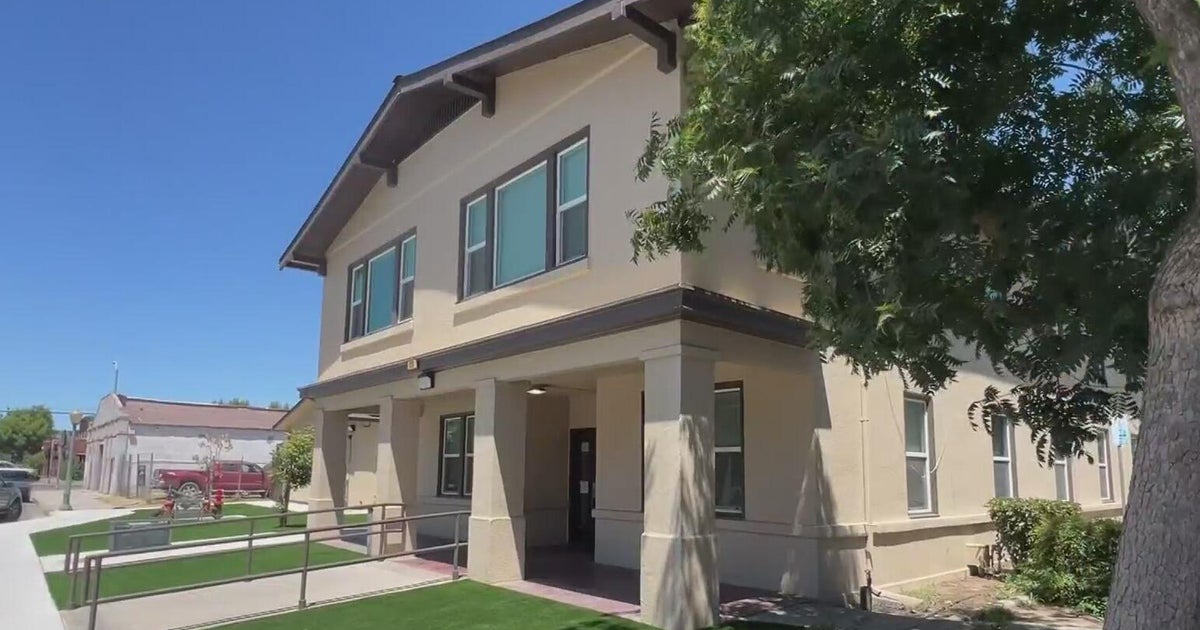Larkspur renters and landlords clash over Measure D
The housing crisis is a hot topic on ballots across the state for Tuesday's primary. In one Marin County community, a proposed cap on rents is proving to be divisive.
Property owners argue it would be detrimental for landlords and create a chaotic marketplace, and tenants say voter approval would prevent them from being priced out.
Freelance photographer Michael Sexton depends on the rental income from the duplex he owns.
"You're never guaranteed work. It comes and goes. There's nothing consistent and you don't have a consistent paycheck," said Sexton.
Measure D in Larkspur would lower the existing state cap on annual increases to 5 percent plus Consumer Price Index or 7 percent, whichever is lower.
Sexton won't be impacted this time around since he's an owner occupant in Fairfax, but believes this measure, if passed, will eventually lead to more local municipalities implementing tighter restrictions.
"Having the consistency of rental income helps stabilize my monthly payments and helps me to live in Marin," said Sexton.
Philip Hallquist has been renting his one-bedroom unit in Larkspur for 9 years.
He says new corporate ownership - and annual increases growing closer to the state maximum - prompted him to fight back.
"I just got fed up. This is intolerable. I have to do something about this," said Hallquist.
The paralegal and other tenants started showing up at city council meetings, demanding lower caps on rent hikes.
U.S. Census Bureau data shows more than one-quarter of renters in Larkspur spend 50% or more of their income on housing and are considered "severely cost burdened".
"It's forced eviction in a sense because people feel like I can't afford another increase and I better go find another place to live," said Hallquist.
Urban planning experts like Kelly Snider are concerned about the impact of rent stabilization ordinances on housing.
"Empirical evidence shows that it does lower the rate that new housing and new housing units are introduced to that community," said Kelly Snider, an urban planning expert and professor at San Jose State.
"We want to open and put the accelerator on building as many new units as possible and rent control measures usually do the opposite," said Snider.
Snider believes changing zoning laws and increasing state grants and tax credits to build subsidized housing have better targeted outcomes for those who need it, but also says those options require massive amounts of funding and tax dollars.
Rent stabilization regulations can help.
"It is a legal way to help a community that has no other options," said Snider.
Sexton believes further caps will also trigger an unintended consequence, with more property owners increasing rent each year to the maximum allowed and delaying needed maintenance projects.
"This impinges on your ability as a housing provider to maintain the property in the best kind of way," said Sexton.
Hallquist's anger isn't directed at mom-and-pop landlords, but rather corporations and private equity firms maximizing profit, and squeezing the working class struggling to pay rent.
"It's the elderly and disabled who have been here a long time and can't go anywhere else because they're on a fixed income or whatever their circumstances might be," said Hallquist.
"I want to stay. I love this place," said Hallquist.
Property owners like Sexton paying a mortgage, make a similar argument.
"It helps me be able to live in Marin and to be able to live in this house," said Sexton.
It's a plea from both sides in the midst of a housing crisis that extends far beyond the Bay Area.
There are several exemptions to the rent caps for certain buildings, like single family homes. The measure requires a simple majority to pass.







